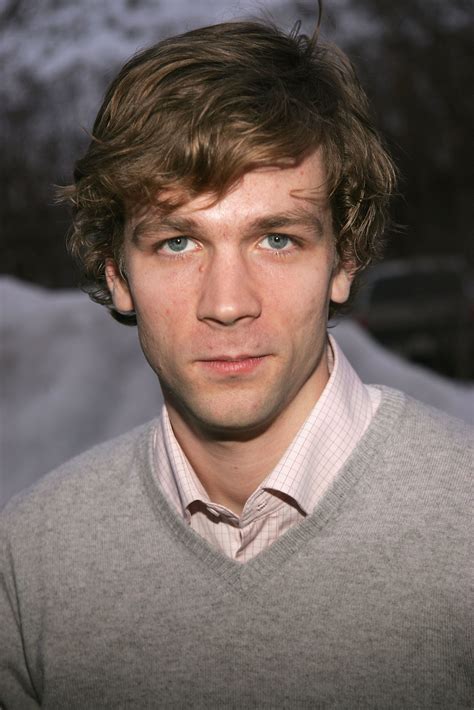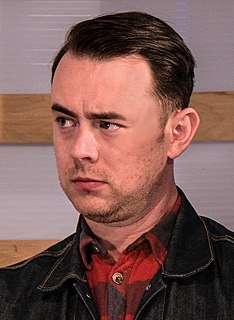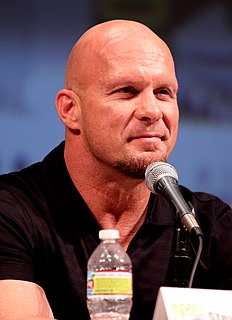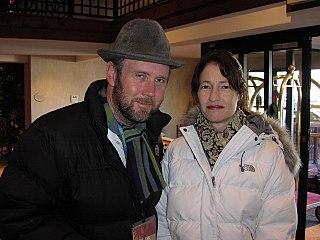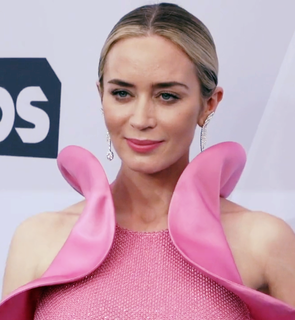A Quote by Paul Dano
I do think the first time you read a script, that gut response is very important, and that probably plants a seed that continues to blossom throughout the whole experience.
Related Quotes
There's something about somebody's first screenplay: it's like their whole life experience has kind of been bottled into it. They bring so much richness to it. And not that they won't do that for their next script, but there is something about their first experience and the time that it's been floating in their head.
When you start out as an actor, you read a script thinking of it at its best. But that's not usually the case in general, and usually what you have to do is you have to read a script and think of it at its worst. You read it going, "OK, how bad could this be?" first and foremost. You cannot make a good film out of a bad script. You can make a bad film out of a good script, but you can't make a good film out of a bad script.
Directing is a reactionary job more than a creation job. The job is to react whether it's moment one, the first time you read the script or see an article or read a book or notice something happen on the street and have an idea for a movie, and it just continues from there on in. You're just reacting to dialogue, a performance, an audition, a headache, a piece of furniture, a piece of clothing.
As animation directors, you're the first one on the film; you're the last one off, and you get to learn from and touch every department throughout the whole journey. I don't know any other job in the world that's like that. I don't think live-action is like that. It's a very different sort of experience.

